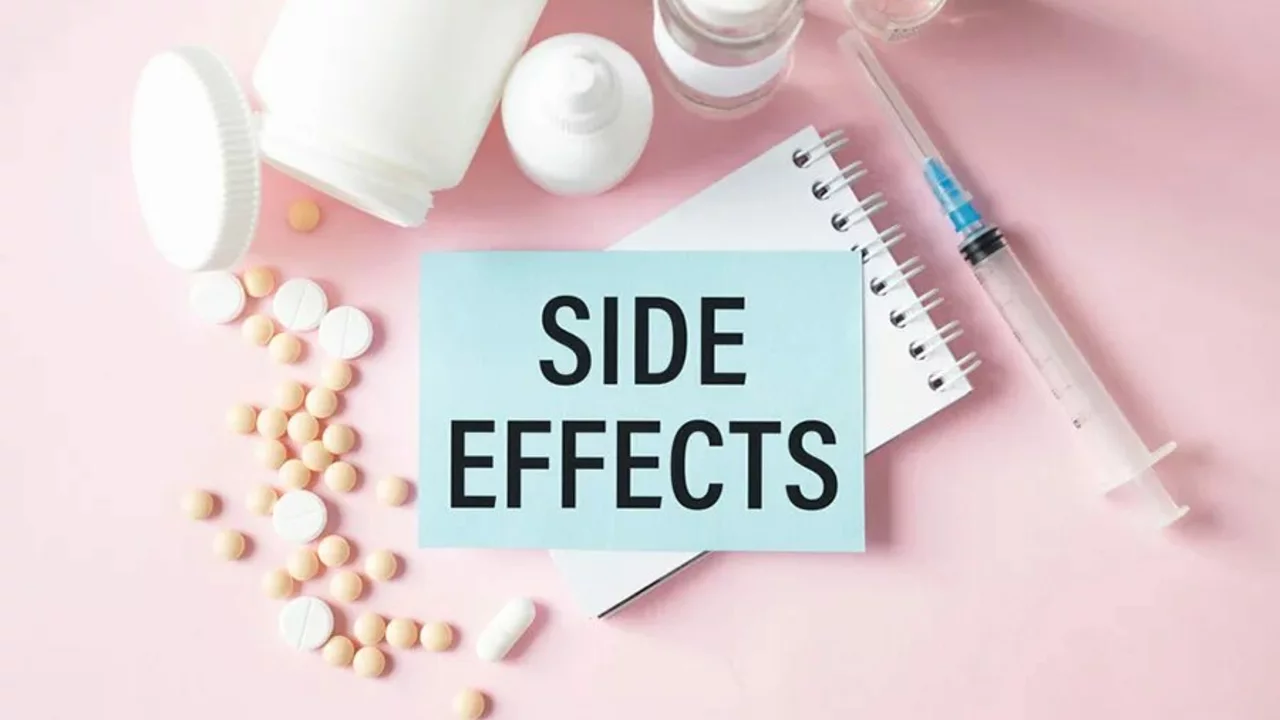Medication management made simple: how to stay safe, organized, and save
Keeping track of prescriptions, supplements, and over-the-counter drugs can get messy fast. Missed doses, mixed-up bottles, or buying from the wrong online store are common problems. This page gives straightforward, usable tips you can use today to avoid mistakes, cut costs, and keep your meds working as they should.
Daily systems that actually work
Start with one clear list. Write every medication and supplement you take, dose, time, and why you take it. Keep that list on your phone and a paper copy in your medicine cabinet. When you see a new doctor or refill an Rx, hand them the list — it saves time and prevents dangerous overlaps.
Use a pill organizer and alarms. A weekly pillbox plus a phone alarm cuts missed doses. If your schedule changes, set multiple reminders: one 30 minutes before and another at the dose time. For injections or drugs with complex schedules, ask your pharmacist for a written plan.
Keep bottles in their original containers when possible. Labels show dose, expiration, and pharmacy contact. If you transfer to a travel case, keep a photocopy of the label inside. Store meds in a cool, dry place away from sunlight and out of reach of kids and pets.
Safe buying and money-saving moves
Want to buy meds online? Pick pharmacies that require a prescription, list a physical address, and show accreditations. If a price looks too low, pause — fakes and expired products can be dangerous. When in doubt, call the pharmacy and ask for verification before ordering.
Save money by checking generic options and manufacturer coupons. Generics usually match brand drugs in active ingredient and cost a lot less. Compare prices at a few sources: local pharmacies, mail-order, and verified online services. If you use telemedicine, stack coupons or use pharmacy discount programs to lower your copay.
Refill early and sync medications when possible. Many pharmacies offer auto-refill and synchronization so you can pick up multiple meds in one trip. This reduces missed doses and saves time.
Watch for interactions. Before starting any new drug or supplement, check an interaction tool or ask your pharmacist. Some antidepressants, antibiotics, blood thinners, and even common supplements like St. John's wort can cause serious interactions. If you notice unusual symptoms after a new med, stop and call your provider.
Dispose of unused meds safely. Use community take-back programs when available. If not, mix pills with an unappealing substance (like used coffee grounds), seal in a bag, and throw in household trash — but remove personal information from bottles first.
Talk openly with your healthcare team. Bring your med list to appointments, ask about side effects, and confirm dosing windows for best results. Small habits — a list, a pillbox, a safe online check — add up to fewer errors, lower costs, and better health.
Managing common side effects of Diltiazem HCL can be achieved with some simple steps. First off, combating nausea can be done by taking the medication with a meal. If dizziness or lightheadedness occurs, it's best to rise slowly when getting up from a lying or sitting position. It's crucial to keep your doctor informed about any persisting or worsening side effects. Lastly, maintaining a healthy lifestyle with proper hydration, diet and exercise can help mitigate some of these side effects.
View More

